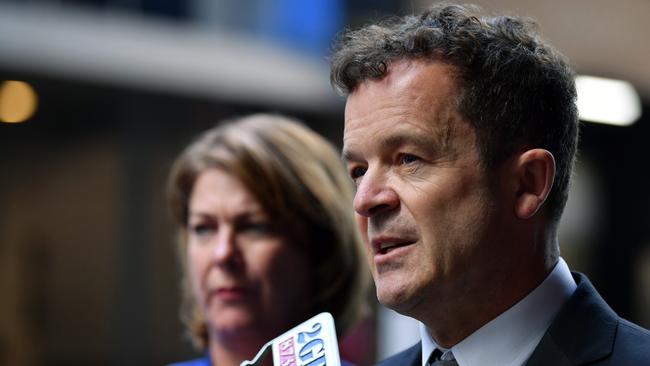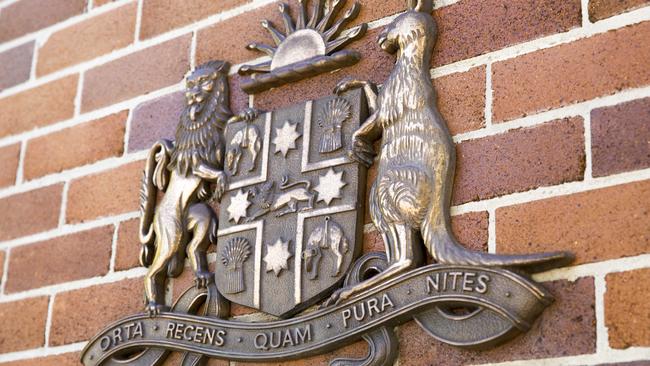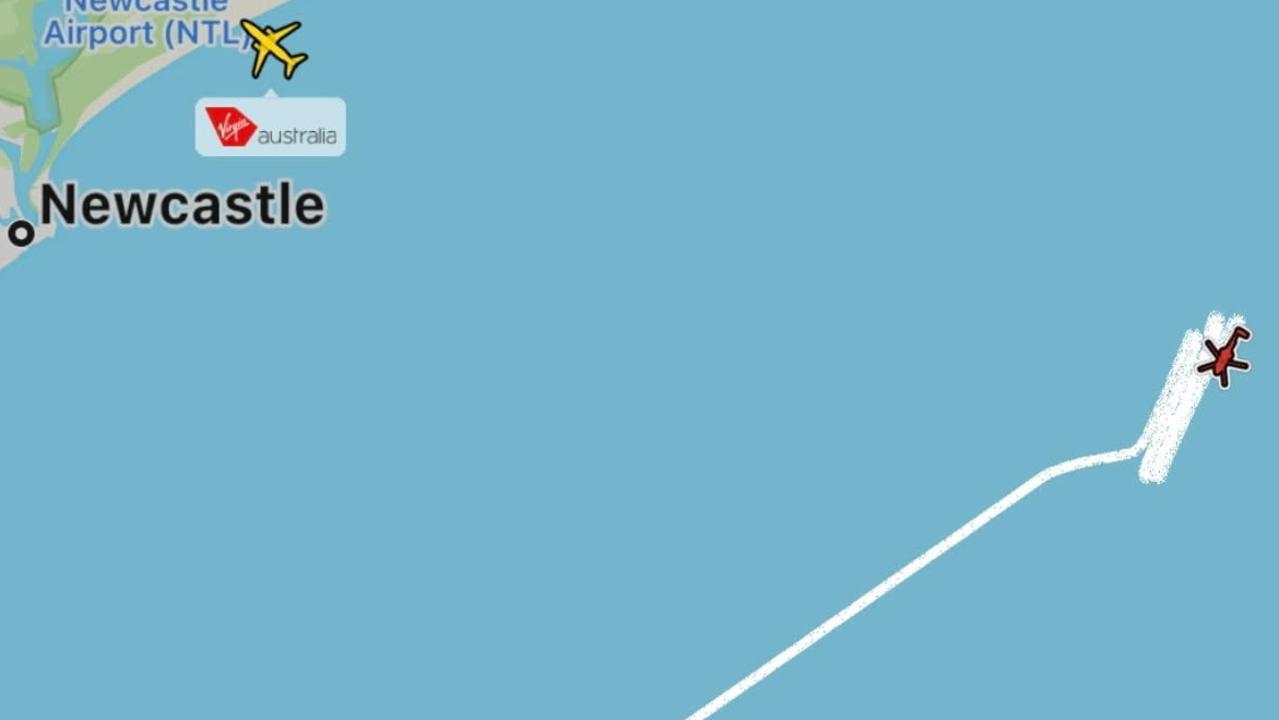Government to publish names of offenders pardoned under mercy
DODGY drivers using archaic royal pardons to get their licences back will no longer be guaranteed anonymity. It comes after a Daily Telegraph investigation found a total of 71 of 85 applications were made by banned drivers, of which 18 were granted.
NSW
Don't miss out on the headlines from NSW. Followed categories will be added to My News.
DODGY drivers using archaic royal pardons to get their licences back will no longer be guaranteed anonymity, after a Daily Telegraph investigation.
Attorney-General Mark Speakman said use of the ancient Royal Prerogative Of Mercy would be made more transparent — with names and details published for the first time anywhere in Australia.
The mercy system still exists, despite being traditionally used to pardon murderers from being hanged or sent to penal colonies.
“Such secrecy might have been appropriate under Edward the Confessor in the 11th century but in modern-day NSW it’s time to lift the veil of mystery,” Mr Speakman said.

MORE NEWS
Why journalist broke her silence on Foley ‘groping’
Man jailed for ‘needless’ murder of couple
Mehajer’s ‘arrogant disregard for law’ while in jail
In a victory for open justice, the government ordered a review of the system after it was revealed that it was being abused by banned drivers throwing themselves on the mercy of the government to get back on the roads.
In 2016 and 2017, a total of 71 of 85 applications for the Royal Prerogative Of Mercy in NSW were made by banned drivers, of which 18 were granted. Two other pardons in that time were for a person convicted of historical sexual offences of carnal knowledge and a second that gives no details.
Despite being convicted and sentenced in open court, the details of their pardons had been shrouded in secrecy.
Mr Speakman said the new legislation would be introduced by the end of the year and, if passed, would make the state the first jurisdiction in Australia to publish details.
Victims of their crimes will also be consulted.
“The Royal Prerogative Of Mercy is exercised in favour of offenders only in extraordinary cases,” he said. “But it’s important that the government maintains a process that properly balances the principles of open justice with any need to protect the privacy of individuals.”

Offenders will still be shown mercy but not in secret, Mr Speakman said.
The prerogative is legally exercised by the Governor but on the Attorney-General’s recommendations.
In the past year, only one of 19 petitions has been granted, leading to an inquiry into the conviction of Australia’s worst female serial killer, Kathleen Folbigg, who was convicted of killing her four children.
Others — including pleas to override driving bans citing “contrition and undue hardship” and an application by a murderer for mercy because of “health concerns, personal hardship” — have been refused.
Mr Speakman said the new laws would allow the Attorney-General to name the petitioner, give details of the offence and brief reasons for that decision.


